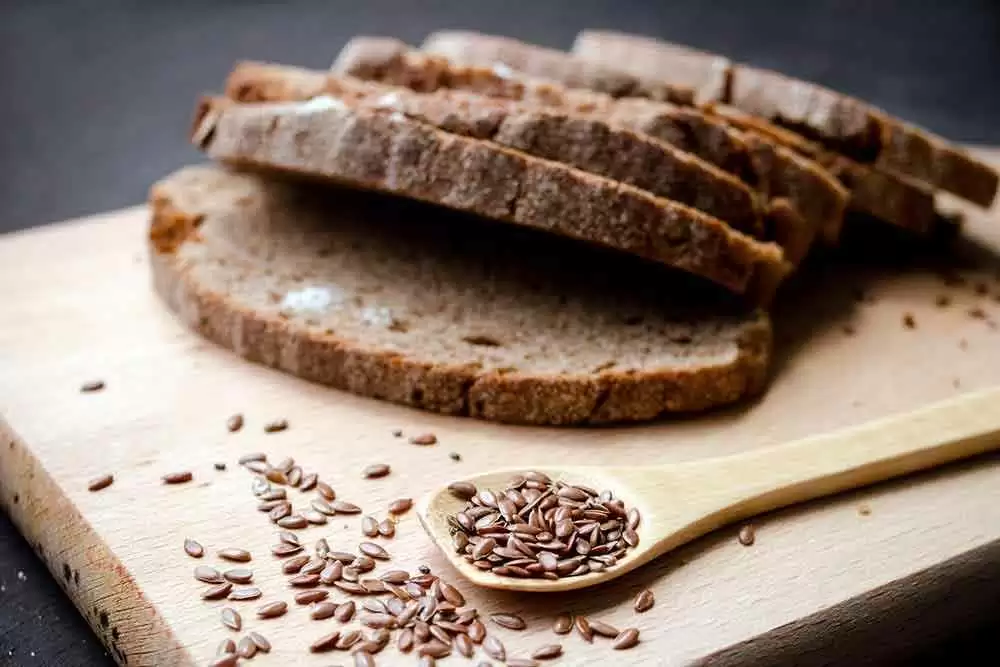
Celiac.com 02/19/2019 - Microbial transglutaminase, aka ‘meat glue,’ is an enzyme commonly used in the meat industry to “glue” together smaller pieces of meat, fish, or meat to make a single larger piece. The result is a large chunk of virtually intact piece of meat or fish that looks like a single chunk. Transglutaminase is usually unlabeled and largely invisible to consumers. For people with celiac disease or gluten-intolerance, meat glue could be dangerous.
Meat Glue Can Trigger Celiac Reactions
Because it is functionally similar to the tissue transglutaminase (tTg), microbial transglutaminase acts like glue, binding gliadin peptides together to form neo-complexes that trigger an immune response, and may also trigger an adverse response in people with celiac disease.
Celiac.com Sponsor (A12):
A recent study by a team of German and Israeli researchers found that “Even when it lacks sequence identity, microbial transglutaminase functionally mimics endogenous tissue transglutaminase,” which researchers know to be an autoantigen of celiac disease, as well as a key player in the development and progression of celiac disease.
Confirmation of the team’s findings could lead to changes in product labeling, processed food additive policies and consumer health education.
If it’s true that “microbial transglutaminase functionally mimics endogenous tissue transglutaminase,” even in small pieces, and could trigger celiac disease, or celiac symptoms, then people with celiac disease need to know about it, and avoid it in foods.
Talk with Your Butcher to Avoid Meat Glue
Until labeling is required, and standards are set, talking with your local butcher is likely the best strategy for avoiding meat glue. Your butcher will be able to guide you to meat, poultry, fish and other products that have not been processed with meat glue.
Read more at:
Frontiers in Pediatrics
Sciencedirect.com








Recommended Comments
Create an account or sign in to comment
You need to be a member in order to leave a comment
Create an account
Sign up for a new account in our community. It's easy!
Register a new accountSign in
Already have an account? Sign in here.
Sign In Now